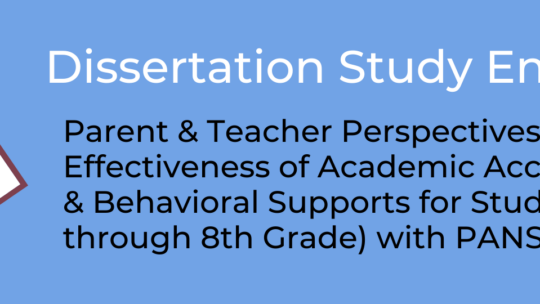Paediatric autoimmune neuropsychiatric syndrome in recurrent acute bacterial pharyngitis – a case report
Paediatric autoimmune neuropsychiatric syndrome in recurrent acute bacterial pharyngitis – a case report. Pepaś, Renata; Przysło, Łukasz; Konopka, Wiesław. Paediatrics and Family Medicine; Warsaw Vol. 18, Iss. 1, (2022): 84–88. DOI:10.15557/PiMR.2022.0011
Abstract: Pharyngitis and tonsillitis, regardless of their aetiology, are one of the most frequent reasons for visiting a family doctor or a paediatrician. Nearly 85% of pharyngitis cases are viral. It is estimated that bacterial throat infection occurs in 15% of school- age children and in 4–10% of adult patients. Streptococcus pyogenes is the most common cause of bacterial pharyngitis.
PANDAS stands for paediatric autoimmune neuropsychiatric disorders associated with streptococcal infections. The term is used to describe a subgroup of children and adolescents who develop acute obsessive-compulsive disorder or tics as a result of group A streptococcal infection, such as tonsillitis. The aim of the paper is to describe a case of a 4-year-old boy who presented to the Laryngology Clinic due to recurrent tonsillitis, time-correlated with obsessive-compulsive disorder.




